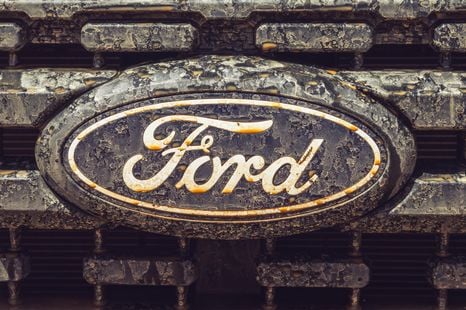

Damion Smy
Ford posts biggest loss since the Global Financial Crisis
1 Hour Ago
The plan between FCEV company H2X and Elvin Group Renewables would see green hydrogen produced locally for use in commercial and private vehicles, helping address the current infrastructure shortfall.

Senior Contributor
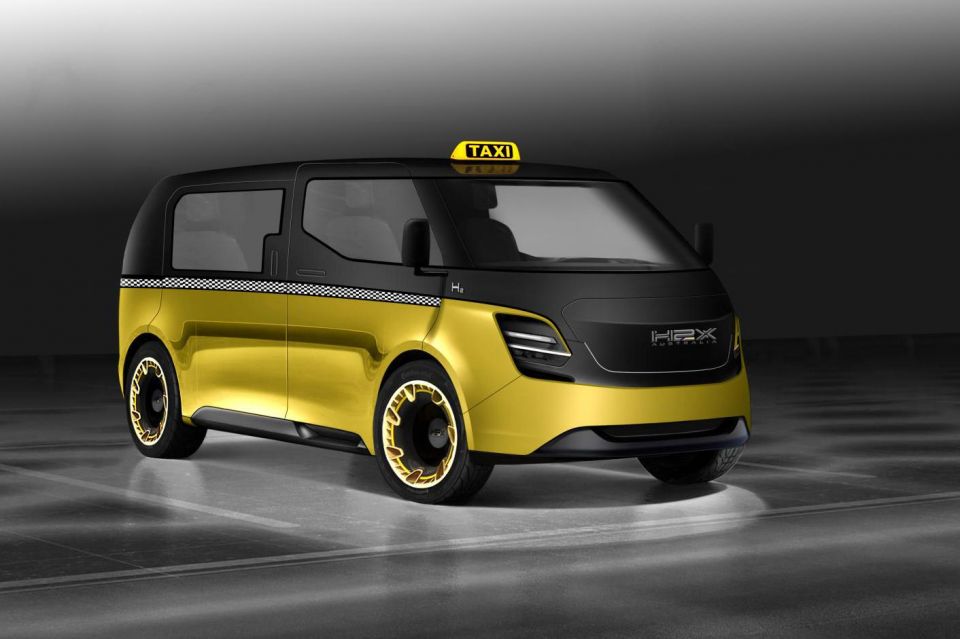

Senior Contributor
There’s been another development in the push for Australia’s automotive economy to become a heavy exponent of green hydrogen power.
A partnership between Australian hydrogen fuel-cell vehicle manufacturer H2X and Elvin Group Renewables (EGR) – part of concrete company Elvin Group, which operates a large truck fleet that could someday be hydrogen-powered – is planning to make scalable electrolysers locally.
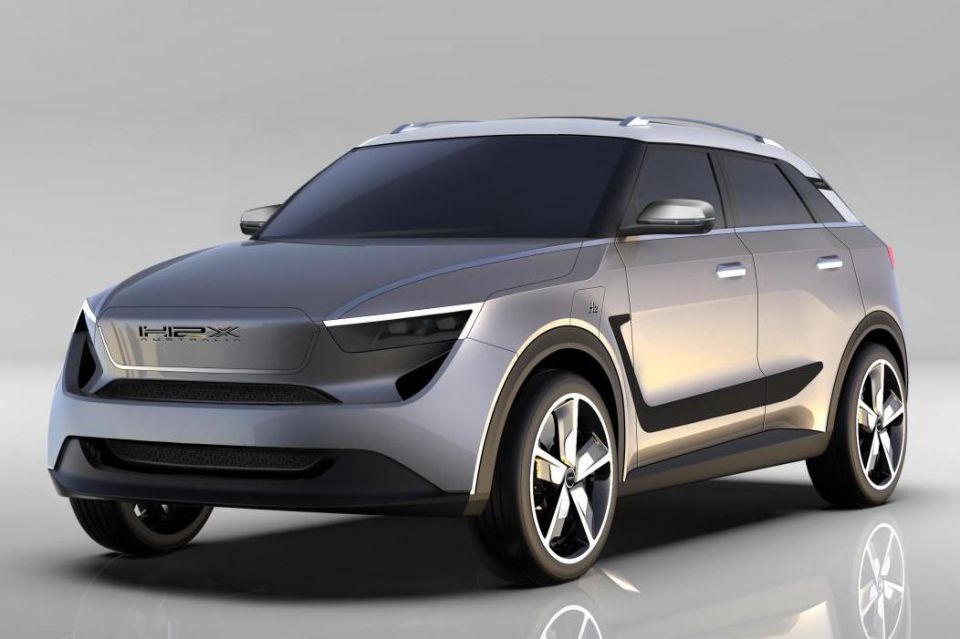
These machines could produce green hydrogen at truck depots, service stations, or at the ‘hub’ of a ‘hub-and-spoke’ distribution network. This hydrogen would then be compressed, stored, and pumped into vehicles.
This could help address the current lack of refuelling infrastructure for fuel-cell electric vehicles (FCEVs).
Electrolysers facilitate electrolysis. This is the process of sending an electric current into water (H2O), splitting it into its component parts of hydrogen (H2) and oxygen (O).
If this electricity is produced renewably, you have a way of making H2 in green fashion, rather than as a byproduct of fossil fuel production.
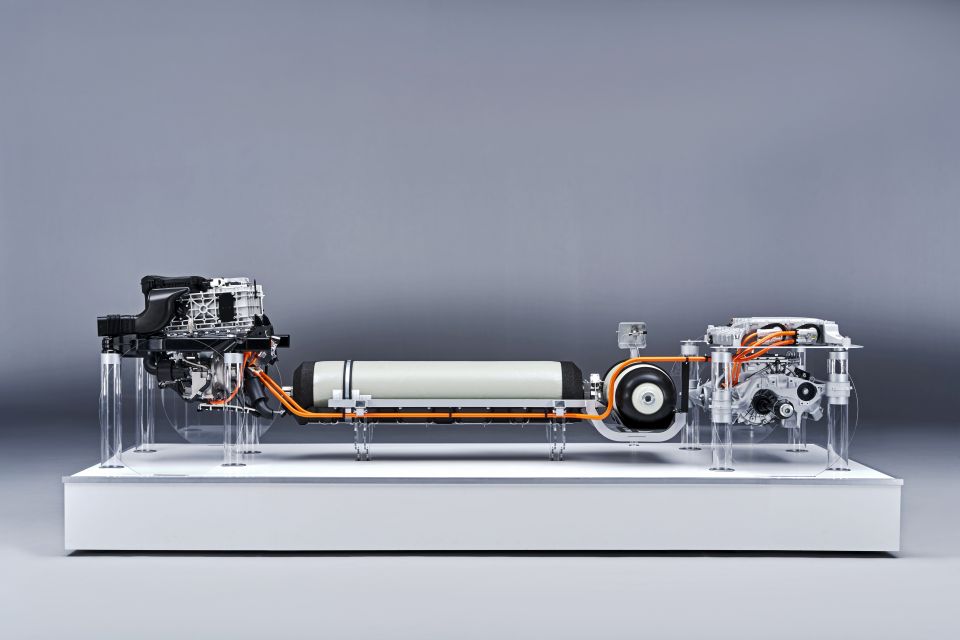
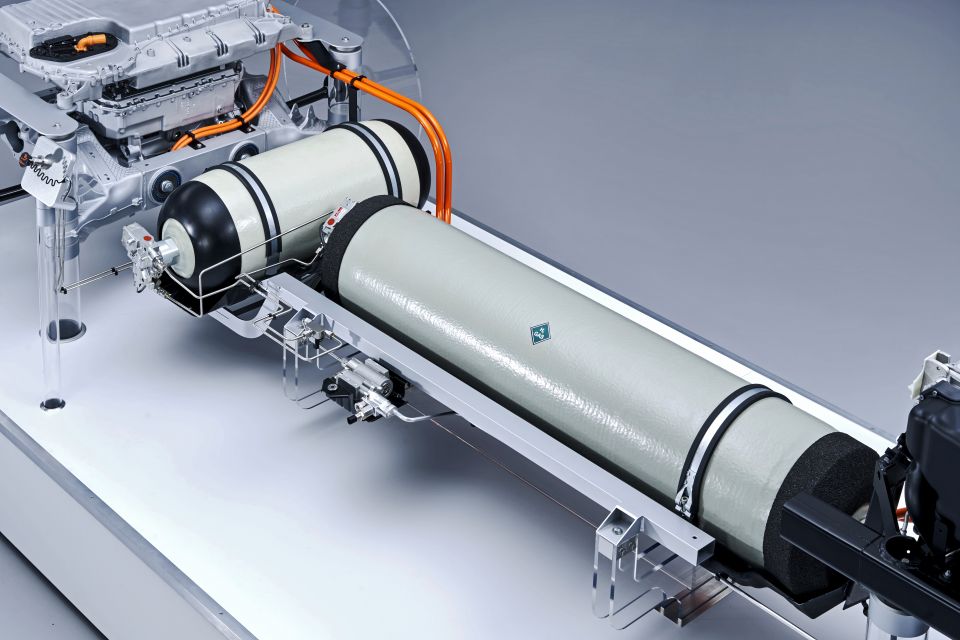
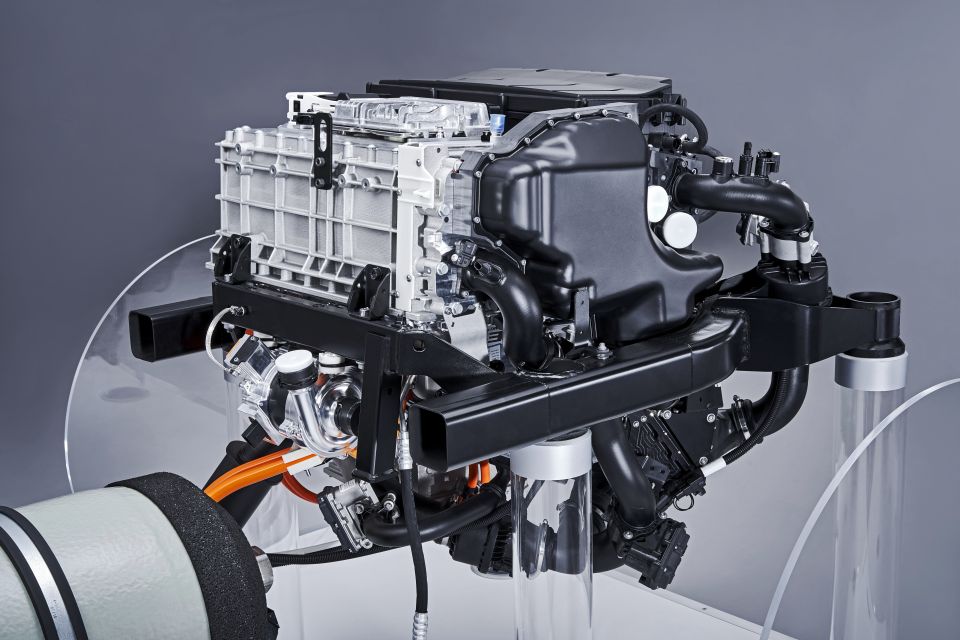
EGR says it sees two ways to put its plan into action: for big projects it would partner with US company Giner ELX, and potentially assemble and integrate its electrolysers in Australia under license.
It says it has entered discussions with Denzo Pty Ltd, to supply an initial 40MW Green Hydrogen Electrolyser facility.
Denzo, trustee of the Matthews Family Trust, is developing three large plants to produce green hydrogen from solar that is 100 per cent CO2 emission free; at the Port of Bundaberg in Queensland, Port Kembla in New South Wales, and a third in the Renewable Energy Zone (REZ) of NSW.
These sites will probably produce H2 and transport it in more compressed form to refuelers.
For smaller projects, EGR has invested in Australia-based Hydrostar, which it says has a “unique green hydrogen electrolyser suited directly for renewable energy projects and ready for commercialisation”.
The units have been produced and trialled in Canberra using recycled materials.
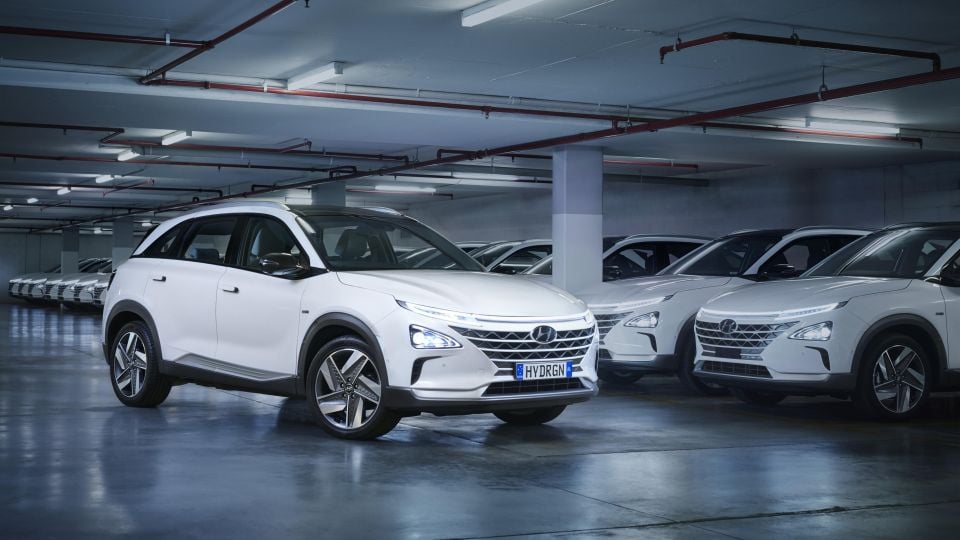
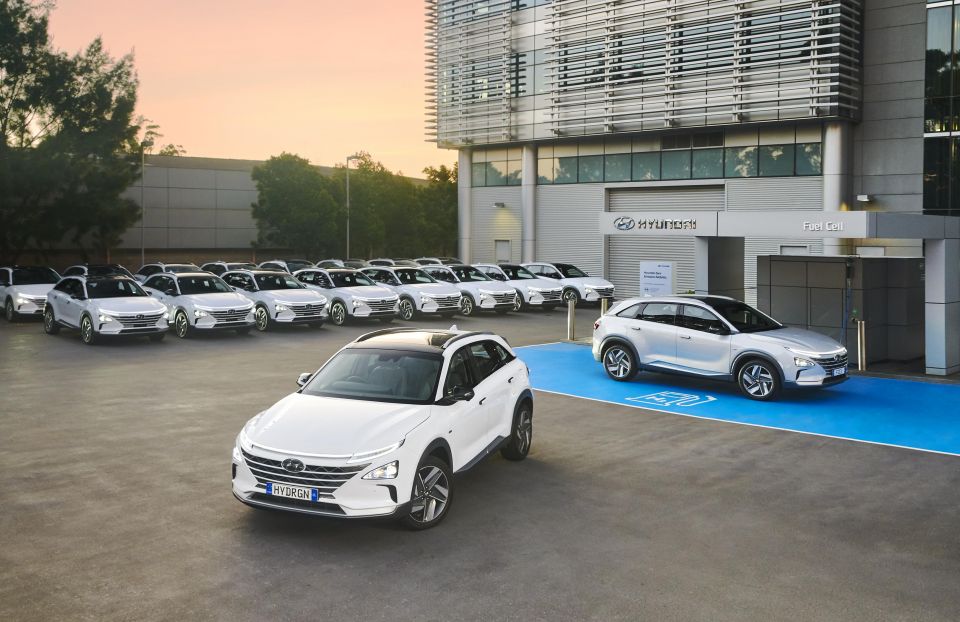
These latter electrolysers are ‘scalable’. So don’t think about it as a huge production plant like the Denzo/Matthews ones. Smaller electrolysers capable of 500kW to 1MW could be located at service stations, fleet depots and the like. In other words, on-site power generators.
“The fact that the electrolysers are scalable, means that they have application from an individual household use through to business such as farms and companies running fleets of vehicles,” EGR says.
“This can also include Agriculture requirements which can provide onsite generation of hydrogen for power/ turbines or traditional requirements for gas.”
EGR claims it currently has a number of domestic and export opportunities for these locally manufactured electrolysers, with current sales volume valued in excess of $60 Million.
These scalable electrolysers could make hundreds of kilograms of low-pressure hydrogen, which would be compressed, cooled and stored before going into a vehicle at up to 10,000PSI.
A Hyundai Nexo can drive 660km on 6kg of hydrogen, whereas a bus or truck might use 50kg per fill.
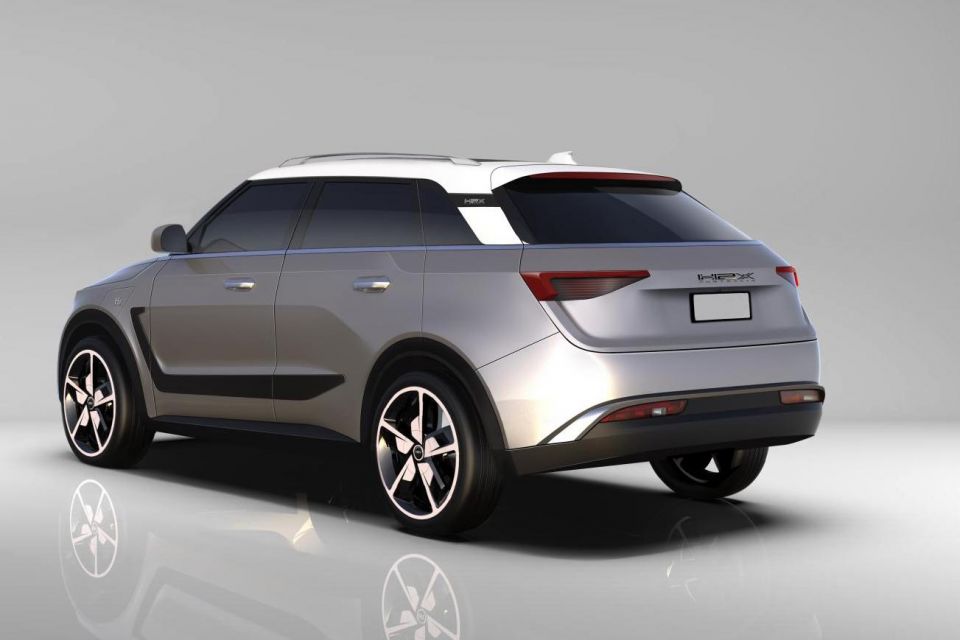
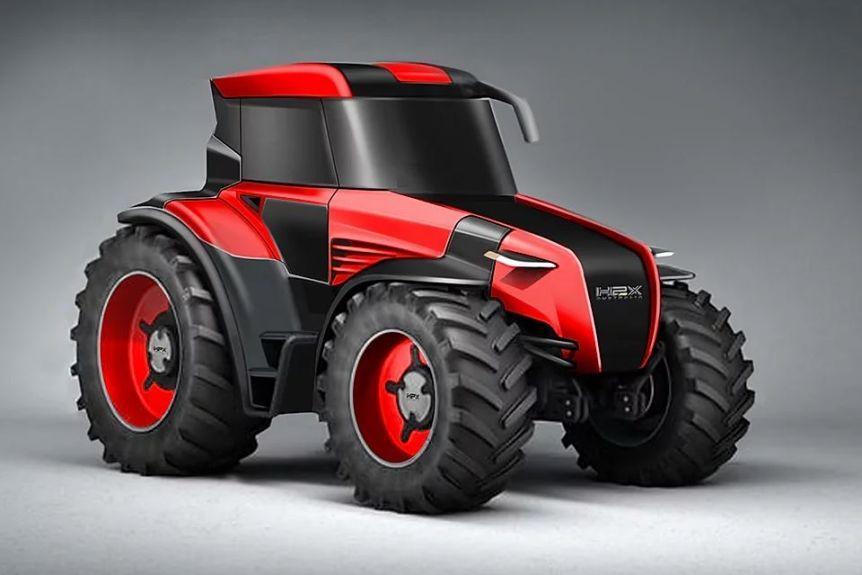
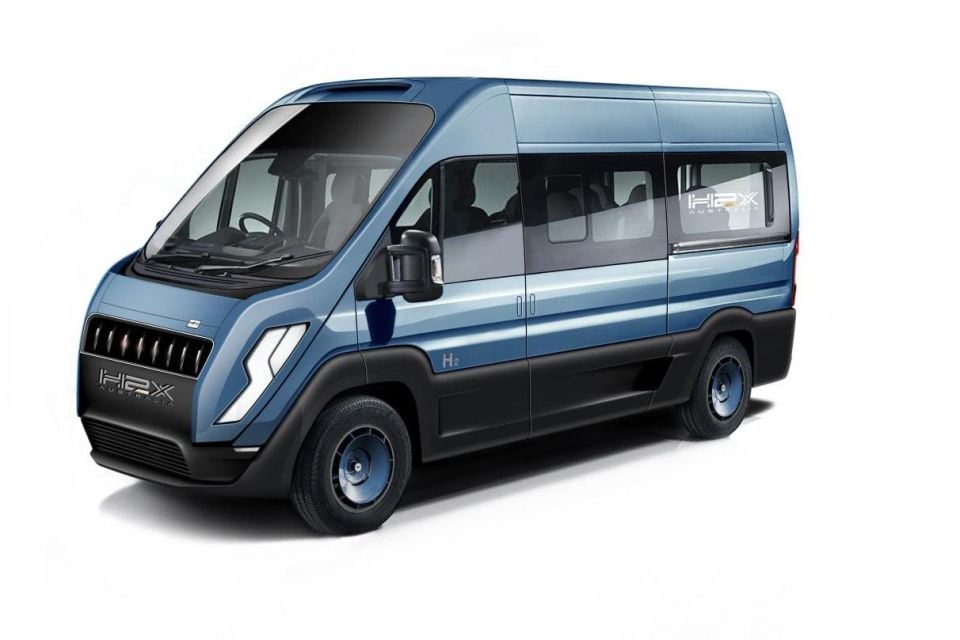
Vehicles that run on hydrogen using a fuel-cell to drive their electric motors emit just one substance: water. And unlike battery electric vehicles, they can be refuelled with pressurised hydrogen in a few minutes.
This hydrogen reacts with oxygen and powers the vehicle’s motor/s, emitting H2O from the exhaust.
That makes FCEVs particularly great solutions for fleets based at a depot with a refueller, that cover heavy mileages, and need fast turnarounds.
FCEVs also do not need heavy battery packs to run, unlike more conventional EVs, so can handle higher payloads over their axles.
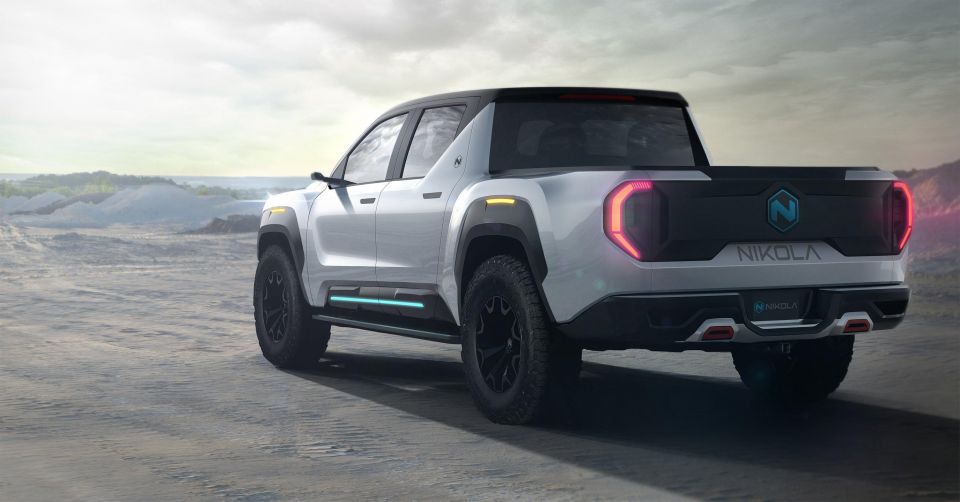
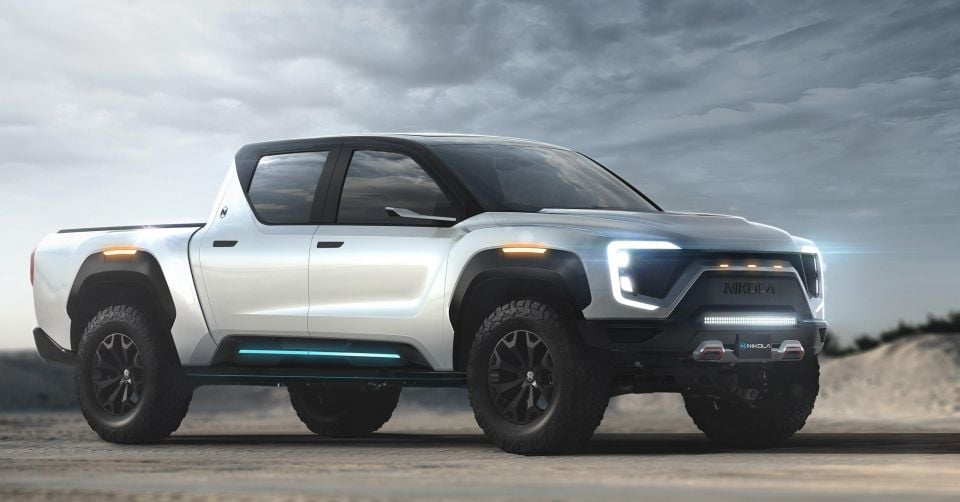
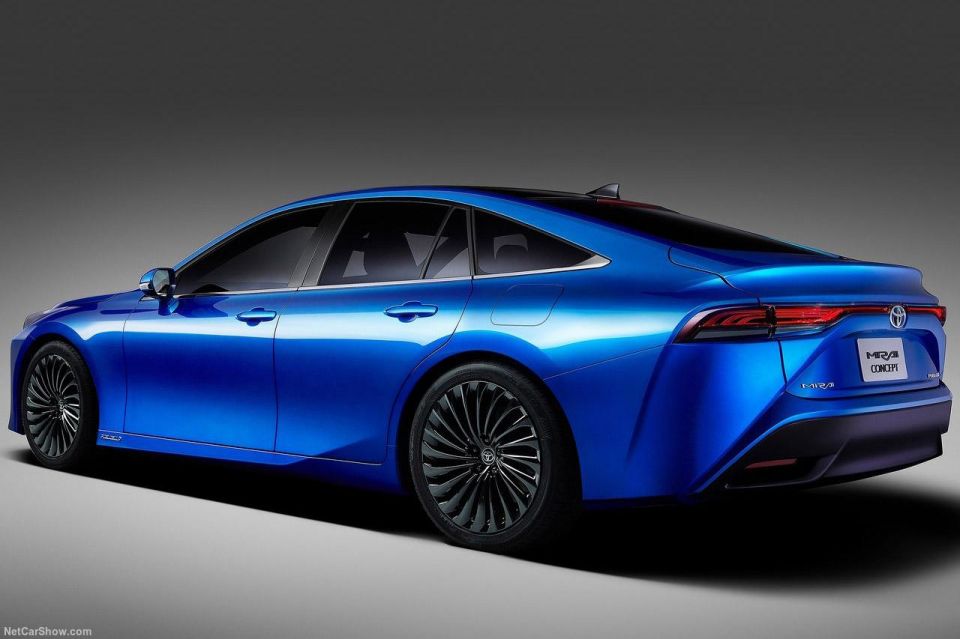
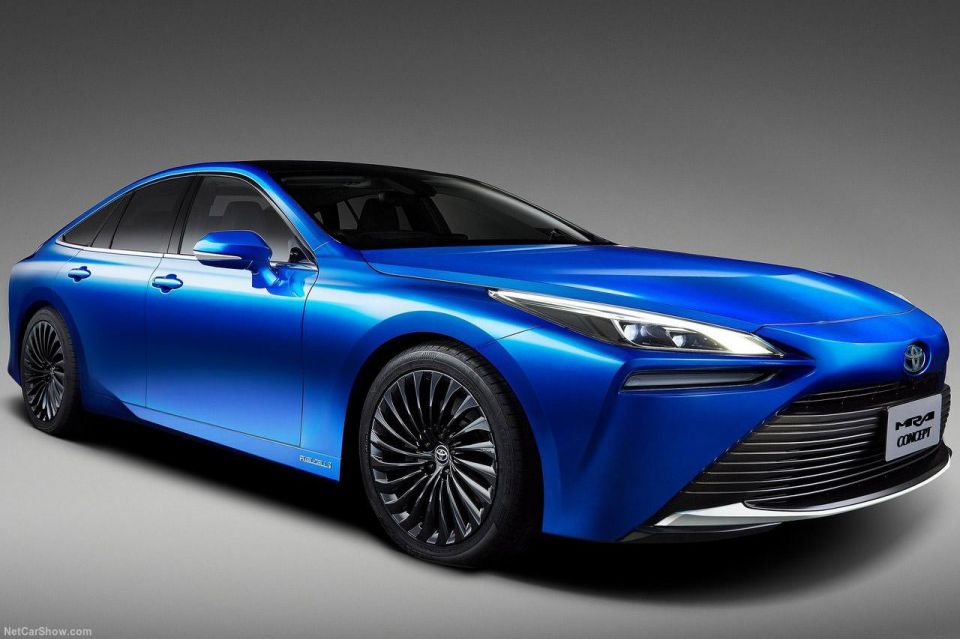
“We believe the time is right for Australia to take hold and drive the hydrogen economy which also means taking control of manufacturing opportunities, “ said Elvin managing director and H2X chairman, Samuel Blackadder.
“Instead of importing a hydrogen electrolyser from overseas markets we should be utilising our talented and experienced work force by providing upskilling into a new industry.”
“There is a heavy push internationally to setup our HQ offshore however we believe that Australia has the ability to be at the cutting edge and delivery of the hydrogen economy both domestically and internationally.
“This will also supply an instant boost to the economy for skilled trades and high value jobs which will grow all parts within the production and delivery chain of this quickly growing industry.
Brendan Norman, CEO of H2X, which plans to manufacture hydrogen fuel-cell powered vehicles in Australia with kinetic suspension and brake energy recuperation systems, added local manufacture of electrolysers would provide nationwide access to green hydrogen fuel for all hydrogen vehicles, including H2X’s.
“This is an exciting development, especially as these electrolysers are being manufactured in Australia, providing jobs and opportunity in our economy.
“We are very pleased to be involved in this project and additional usage of our capacities is an important backbone for H2X’s growth and stability.”
Read more at our archive of FCEV-related copy here.
If you’e interested in knowing why Australia is positioning itself a a world hydrogen economy leader, supplying export sources across Asia, click here for the basics.


Damion Smy
1 Hour Ago
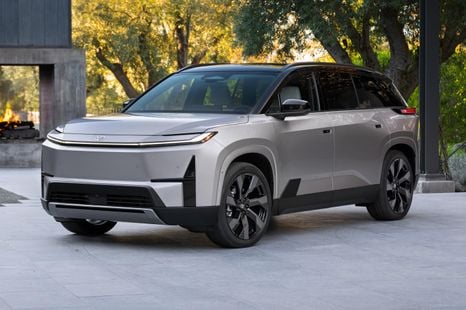

Damion Smy
2 Hours Ago
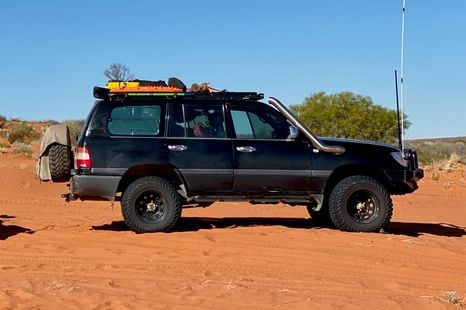

Ben Zachariah
4 Hours Ago
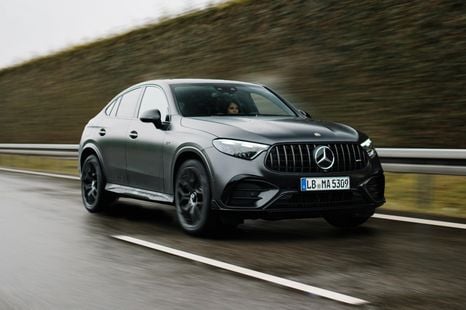

William Stopford
5 Hours Ago
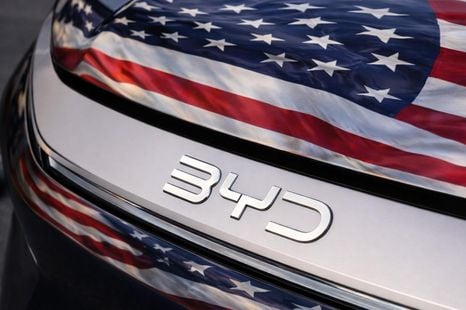

Damion Smy
8 Hours Ago
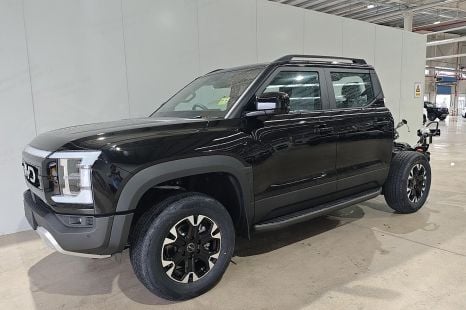

William Stopford
8 Hours Ago
Add CarExpert as a Preferred Source on Google so your search results prioritise writing by actual experts, not AI.